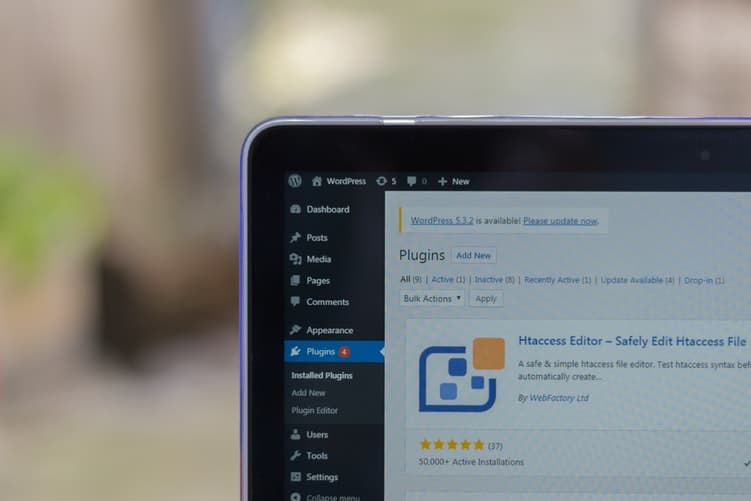
It is the time when the eLearning world is getting a lot of attention and attracting new course developers, trainers, and learners for the upcoming academic year.
We have seen a lot of first-time authors tackling the million-dollar question, which WordPress as an LMS should they use to deliver their online courses?
We all know that WordPress is commonly used for business sites, delivering blogs, etc. but deep down it has a strong capability to be used as an efficient Learning Management System (LMS).
In this article, we will help you in finding the answer to the million-dollar question and why we should use WordPress as an LMS.
What Is an LMS?
A Learning Management System (LMS) is a website that delivers your online courses and allows learners to interact with your courses easily. In other words, WordPress as an LMS is a software to deliver modern eLearning courses such as- courses, lectures, and training. It offers you an easy-to-manage course, track learner’s performance, and many other features that make learning fun and enjoyable.
WordPress As An Learning Management System
Choosing the right resources to deliver your eLearning courses for your learners is a difficult task. Finding the right resource from a variety of options can be overly complex, bloated with unwanted features, and costly.
Fortunately, WordPress is a better alternative for using it as an LMS. WordPress is highly-powered, streamlined, and cost-effective in creating any website, and combining the right extensions like- WPLMS can transform your website into a standalone LMS for delivering your online courses.
Ease Of Delivering Courses
WordPress as an LMS offers great flexibility in creating, designing, and delivering your online courses. It offers you ease in managing your previous and current courses so that the learners don’t feel exhausted while accessing your courses. With the ease of use of the LMS platform, WordPress is the best CMS that can be used for learning with minimal training. Thus, considering WordPress for delivering your online training requires no coding skills and technical knowledge.
Enhanced User-Interface
A good User Interface or the front-end of the website makes it possible for the learners to engage with your courses and enhance the degree of interaction within your LMS platforms. Using WordPress as an LMS easily converts your website into an eLearning platform with enhanced user-interface and straightforward navigation. It makes your eLearning platform more user-friendly and intuitive so that learners can easily engage.
Customization Of Courses
Customization of courses plays an integral part in delivering successful eLearning courses. Using WordPress as an LMS platform makes your eLearning unique and allows you to integrate several plugins for better customization of the courses. This way it helps you to customize your eLearning courses by applying various ideas and provides access to execute them independently.
Interactivity To Your eLearning
WordPress-powered LMS adds more functionality to your eLearning courses along with the basic features. Integrating your WordPress site with the WPLMS plugins can make your site more interactive as it features like- gamification, certificates, badges, quizzes, and assignment, etc. adding interactivity to your eLearning makes your eLearning more engaging and increases the course completion rate of your courses.
Cost-effective eLearning Courses
Delivering cost-effective courses to learners is still a dream of many course developers and trainers. WordPress with its great reliability and scalability helps you in delivering cost-effective eLearning courses. Integrating WPLMS to your WordPress site charge only for one time and provides you regular updates with the latest features.
